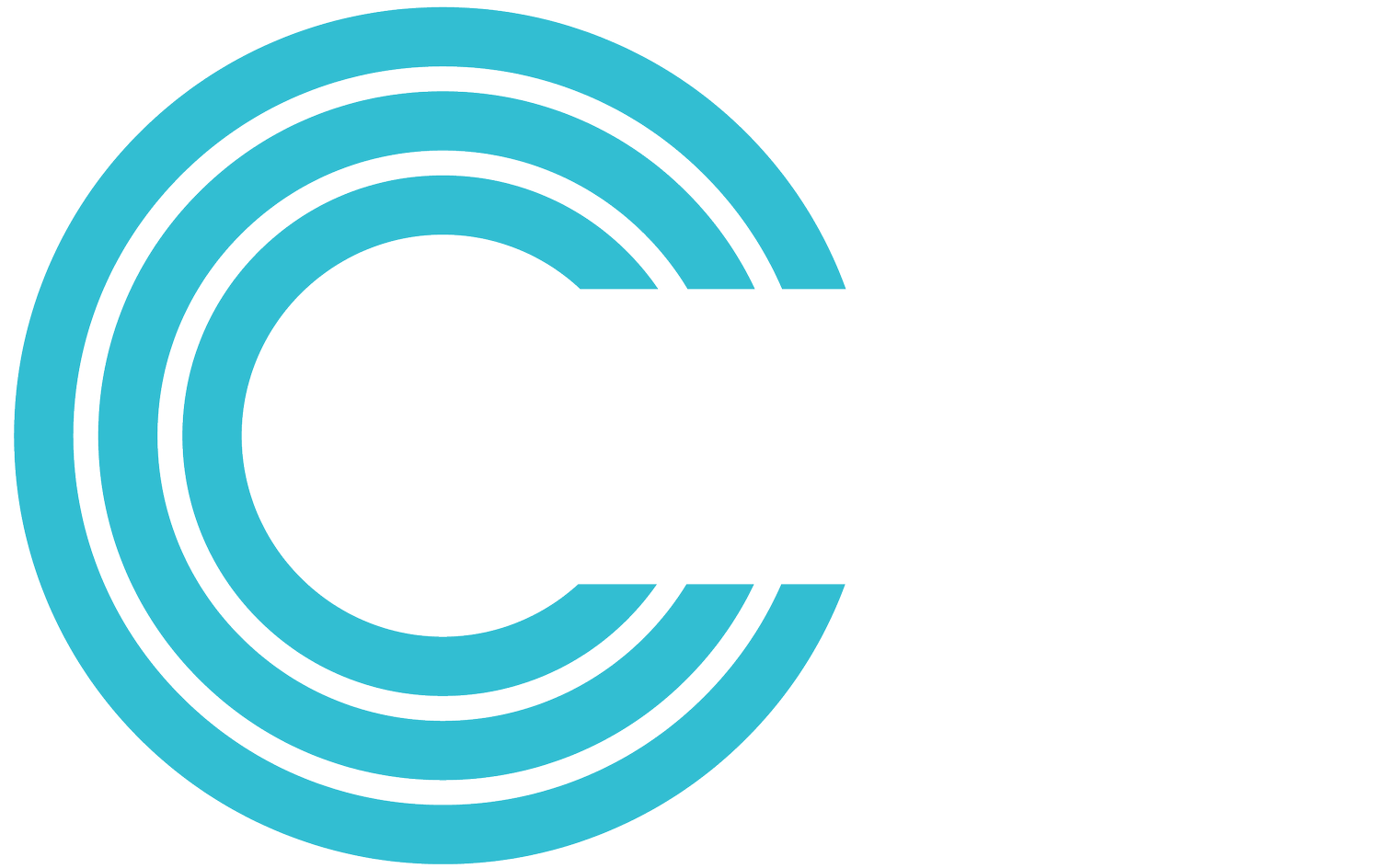Writing for Mediatel, our CEO Damon Reeve comments on the sequencing and timing of both Google’s and the ICO’s announcements…
Thursday 23rd January 2020 - first published on Mediatel
This month saw two highly anticipated announcements on consecutive days, and while the blog posts from Google and the ICO are unrelated, I can’t help but feel the sequencing of each is not coincidental.
Google’s planned changes to Chrome - which will phase out support for third party cookies within the next two year - effectively allows the tech giant to own the agenda for adtech’s future. We will see everyone - including regulators - wait for Google to make its move before reacting. A real marketing coup for Google who have owned the adtech headlines for a week by announcing little more than we expected.
The advertising industry once again feels the pervasiveness and influence of Google, something which may reignite those antitrust concerns. Yet on the flip-side, many of Google’s proposed actions are cautiously welcomed. For example, the shift from user-level data to aggregate data is a good thing that will focus our attention on delivering better outcomes rather than the process of data collection.
Similarly, aggregating statistics is synonymous with grouping users into cohorts or clusters - something that feels less intrusive and a direction we should see more technologies move in.
Simon McDougall’s ICO blog post was equally anticipated, coming two months after the adtech fact finding forum in mid November.
Overall, I expected a more direct response from the ICO, particularly in relation to data security and governance in open market programmatic - an area that appeared to be firmly in the regulator’s sights at the end of 2019.
McDougall’s latest statement makes it clear that many brands are still claiming ‘Legitimate Interest’ as a basis for their advertising activities, and that this won’t wash in the future. Advertisers must not forget that - through their brand websites - they are also publishers and are responsible for data compliance on these platforms too.
The ICO’s main criticism of the advertising industry is that there has been lots of talk and insufficient action. I can appreciate the frustration the ICO must feel when change isn’t happening as quickly as they might like. And while I expected McDougall to go further, working alongside trade bodies and initiatives like TCF is the best way to effect change across the whole industry.
Calling out individual companies who are good corporate citizens and supporting industry-wide initiatives such as the IAB's TCF will not move mountains, as slow as it may seem.
As I said, it’s possibly no coincidence these two announcements happened on consecutive days. If browsers continue their assault on tracking and data sharing it could be that the version of programmatic advertising we end up with in two years is genuinely designed with privacy in mind.
Perhaps the ideal scenario is that this new world is so user friendly that the need for CMPs, the TCF and ICO intervention starts to diminish.


